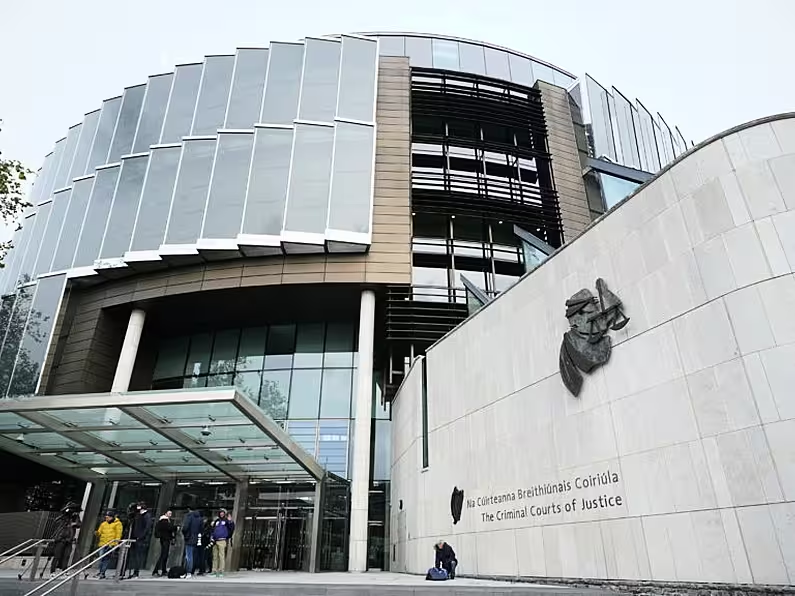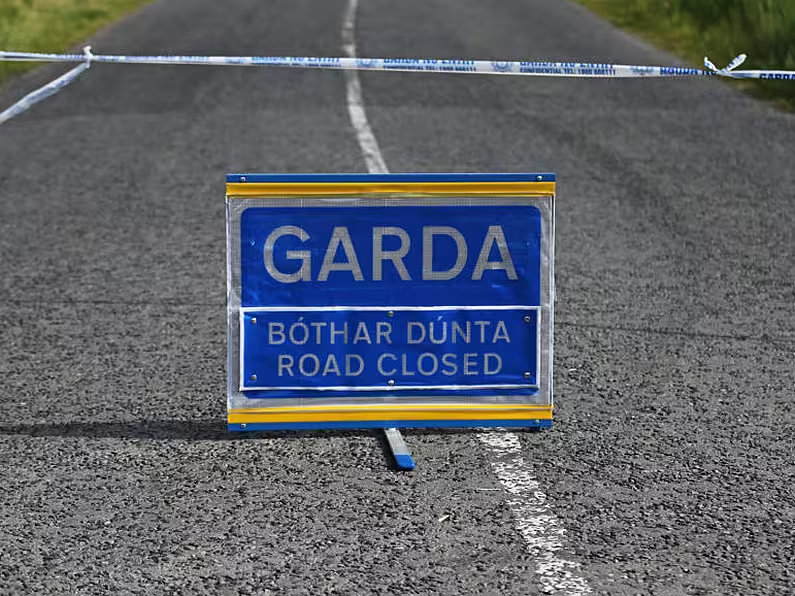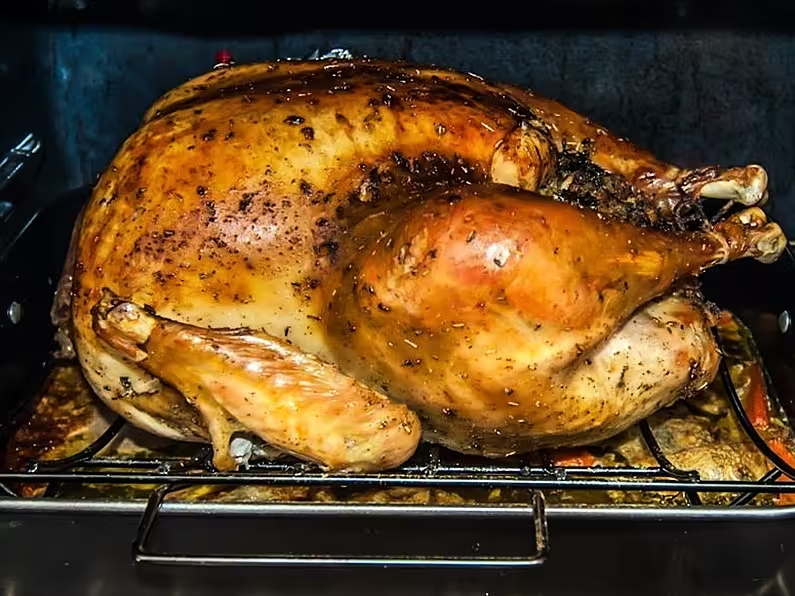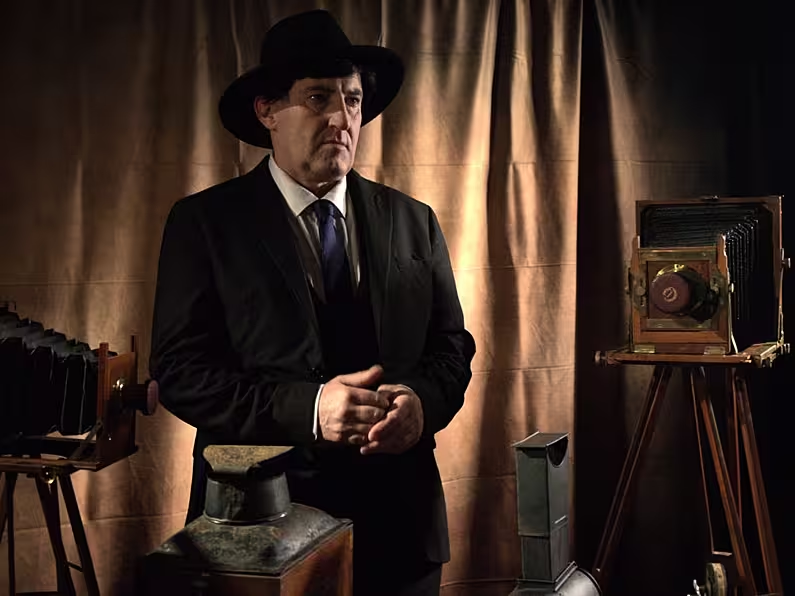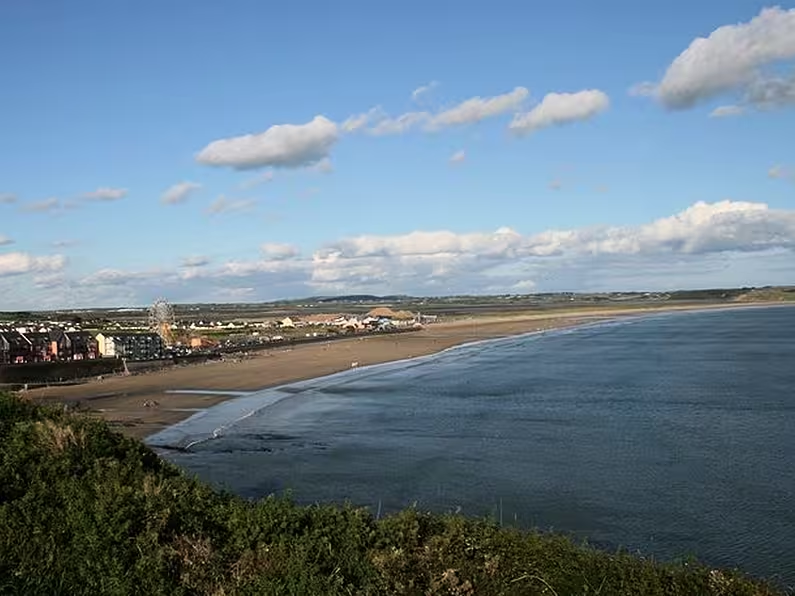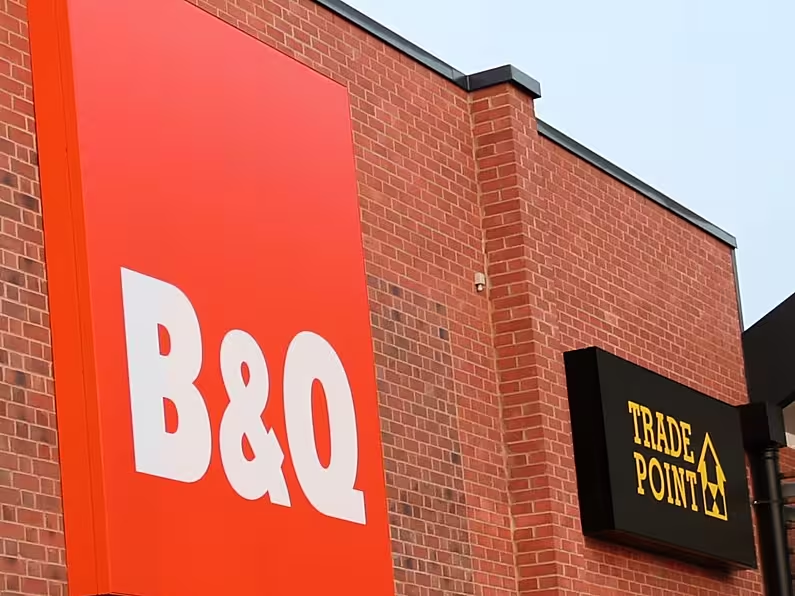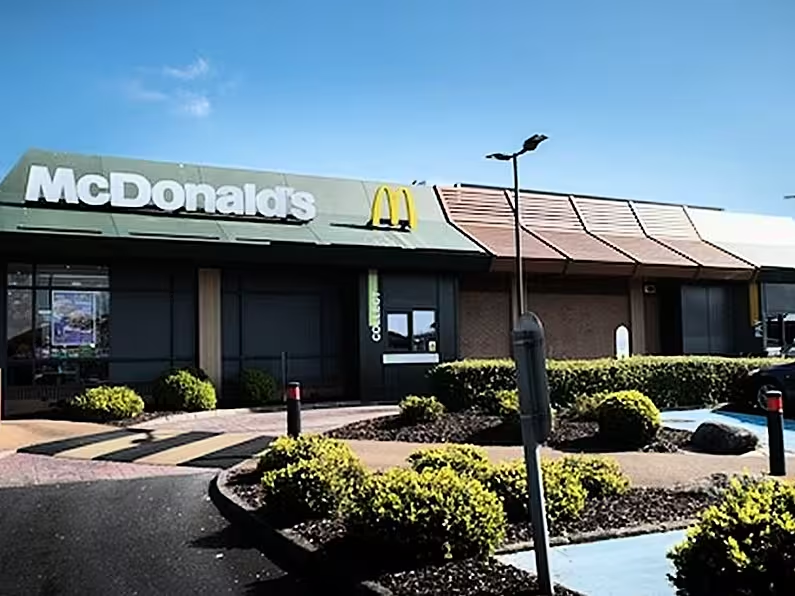Alison O'Riordan
A murder accused "targeted" and "relentlessly pursued" a young Dublin construction worker walking alone on the street of a rural town before "proudly and boastfully" using the phrase "a Conor McGregor knockout" to describe "flooring" the victim as he retreated, a prosecution barrister has told a Central Criminal Court jury.
However, the defence argued in their closing address that the pathologist could not have been clearer in her evidence that the fall caused the damage to the deceased Cian Gallagher and not the punch from the accused.
Michael Bowman SC, defending, submitted that to attach weight to the "ludicrous and offensive statement" of "a Conor McGregor knockout" was no more than "drunken mouthing off" and a facile reference.
Maurice "Mossie" Boland (36), of Bridgeview Close, Tallow, Co Waterford has pleaded not guilty to murder but guilty to the manslaughter of Cian Gallagher (26) at Barrack Street in Tallow on November 10th 2022.
The jury heard the deceased man was from the Malahide Road in Dublin 17 and worked in a managerial type role mainly on civil construction projects up to the time of his death.
The 12 jurors were told by the State in the opening address that Mr Gallagher, who was working on a construction project in Co Waterford, died from a brain bleed eight days after he was punched and knocked to the ground by the accused man in the early hours of November 2nd.
At the opening of the trial, prosecution counsel told the jury that CCTV footage shows the accused punching Mr Gallagher when the deceased had his hands up and was backing away.
She said the footage showed that Mr Gallagher was not at all offensive even when he was being "set upon".
Addressing the jury, Roisin Lacey SC, for the Director of Public Prosecutions, said that whilst the accused accepted he caused the death of Mr Gallagher they would have to look at his mental intent.
She said they should look not simply at Mr Boland's intention at the time "of the connection of the punch", which she said "floored" the deceased, but from when Mr Boland first engaged with Mr Gallagher on Barrack Street that night.
She told the jurors that "the spectre of drink" was hanging over this case like "a bad smell" and intoxication had been highlighted by the defence in their cross-examination of witnesses. She said drunken intent to kill or cause serious injury was still an intent in law for the purpose of murder.
Injuries
Going through the pathologist's evidence in the trial, Ms Lacey said Dr Margaret Bolster was able to say there was no fracture on the deceased's body other than a significant one on the back of the skull, which could clearly be attributed to the fall.
However, Ms Lacey said the pathologist indicated that there was deep bruising on the right side of the deceased's temporalis muscle nine days after the assault.
Counsel said that when Mr Boland was asked in his garda interviews where the punch had landed the accused said on the right-hand side of Mr Gallagher's face.
"On the basis of his words there is no room for doubt that his face connected with the right hand side of Mr Gallagher's face and that the deep bruising on the right temporalis was caused by what he described to gardaí," she said.
Ms Lacey told the jurors it was the punch which caused the deceased to fall and hit the back of his head.
She also referred to the accused accepting in his second interview with gardaí that he had hit the deceased twice. She said the presence of blood in Mr Gallagher's mouth was indicative of force being used around his head and face.
She said "the two hits", which the accused acknowledged, were consistent with the injury to the deceased's right temporalis.
She added: "It feeds into the idea of the phrase "knockout", that's how Mr Boland described what he had done. It was a 'Conor McGregor knockout' of which he seemed proud and boastful, indicating he knew exactly what he had done and intended to cause that serious injury".
The barrister pointed to the accused's account; where she submitted that the accused said he met a man, there was a conversation between them, he asked for a light, the deceased invited him back to his for a drink, that there was a conversation about the Russians and the deceased had thrown the first punch and then Mr Boland hit back.
Ms Lacey said it was "as plain as a pike staff" that Mr Boland did not meet Mr Gallagher but that he had targeted him, pursued him and approached him from behind. She said the innocent explanation by Mr Gallagher of looking for "a light" didn't hold water as the accused had two lighters on him when he was taken into custody.
She noted that Mr Gallagher was totally oblivious to the presence of Mr Boland on Barrack Street, who had made "a purposeful and diagonal beeline" behind the deceased. She submitted that the deceased had been "relentlessly pursued" by the accused.
"He was coming after him, accosting him, assaulting him, all from the time Mr Gallagher was backing away from him with his hands up".
Counsel went on to tell the jury that the "sobering" CCTV footage had not captured the deceased "hitting out" at Mr Boland and all the evidence pointed to the contrary. She said Mr Gallagher didn't hit or punch back or kick out. "He is doing nothing in retaliation to Mr Boland," she added.
The lawyer said injuries to the accused's hand were caused by the punch to the deceased and that CCTV footage showed the accused punching Mr Gallagher, who was retreating at the time. "Of course the accused knew his own strength, he was pushing him when Mr Gallagher was trying to back away from him".
Ms Lacey submitted the accused had said Mr Gallagher was "talking shit about the Russians" when they met. "Even if he was, so what. Cast your mind back to November 2022. Everyone was talking about the Russians and Ukraine.
"Putin [President of Russia Vladimir Putin] had just announced his partial immobilisation of troops and Navalny [now deceased Russian opposition leader Alexei Navalny] had just finished his sixth or seventh stint in Russian confinement so what is wrong with Mr Gallagher looking that up or talking about it or being concerned about it".
She went on to tell the jury that there was nothing to indicate the deceased was the aggressor on the night. She said the accused went after Mr Gallagher and it only stopped when the deceased fell. "We say it is nonsense that Mr Gallagher threw the first punch," she continued.
Intention
In conclusion, Ms Lacey argued that the accused's intention at the very least was to cause serious injury to Mr Gallagher and submitted that he had on the night. She said the construction worker had died as a result of a serious injury and fall and urged the jury to find the accused guilty of murder.
Defence counsel Michael Bowman SC said in his closing speech that he did not agree with a lot of what Ms Lacey said.
Counsel said his client accepted his actions that night without justification and takes responsibility for the death of Mr Gallagher. He said the deceased was a decent man who should have been allowed to get on with his life and that his client had to answer for that.
He argued that an injury of this nature is observed quite frequently when intoxicated and one doesn't put their hands out to break a fall as one would ordinarily do in the cold light of day.
He said the law of unintended consequences is one that everyone can relate to and doesn't require a textbook definition. "When we bring our common sense to bear, how often are we responsible for unintended consequences".
The trial continues before Mr Justice Paul McDermott and a jury of eight men and four women.
For the latest Waterford News and Sport, tune into WLR News on the hour and download the WLR App for news on demand.



